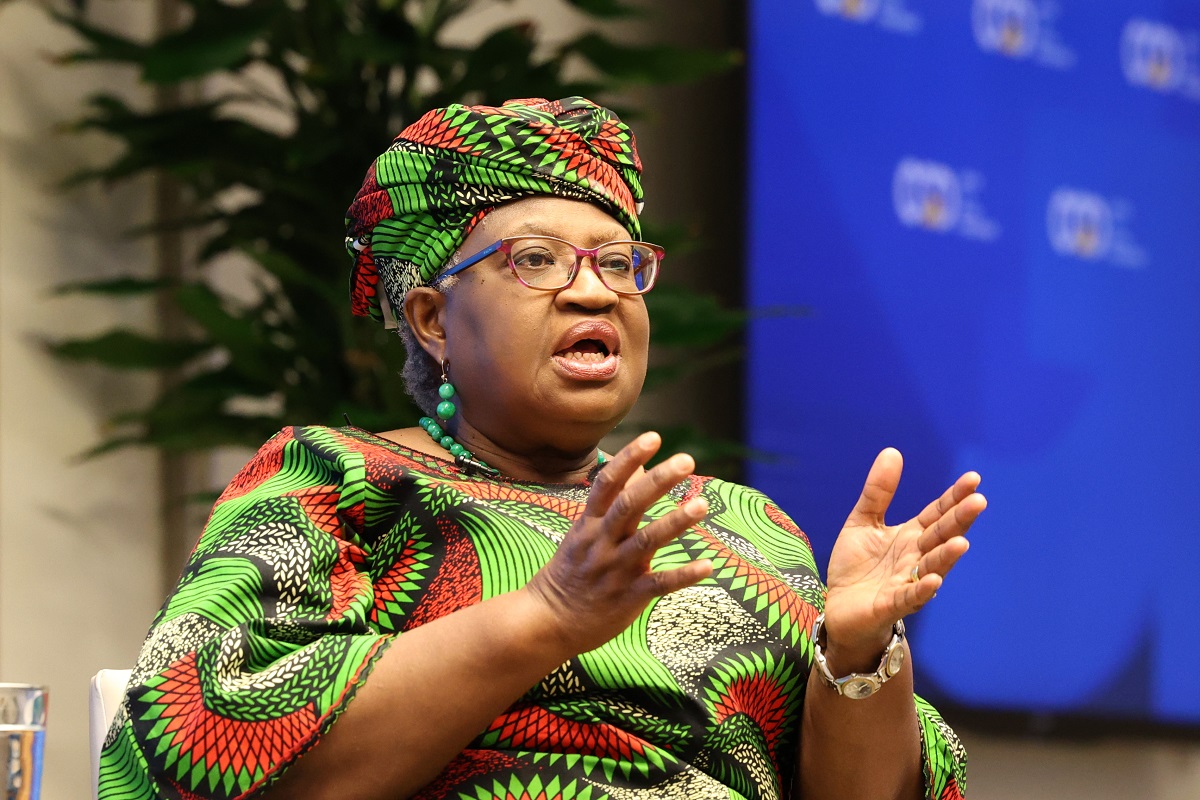EU Trade Minister Cecilia Malstrom has been in Washington, meeting with US Trade Representative Michael Froman and trying to give the Transatlantic Trade and Investment Partnership (TTIP) negotiations a nudge. Developing countries are watching closely and assessing the potential implications for exports to what are the two largest markets for many of them. But should they be rooting for Malstrom and Froman to fail?
Policymakers for the United States and European Union all say that they want to complete negotiations this year, “provided that the substance is right,” in the words of EU chief negotiator Ignacio Garcia Bercero. (Minister Malstrom used exactly the same phrase in a speech at the Peterson Institute on Thursday.) President Obama and US Trade Representative Michael Froman would like to have one more achievement to burnish their trade policy legacies. European leaders would like to complete the deal this year because they cannot be sure that the next US president will place the same priority on getting it done.
And herein lies the conundrum. There isn’t enough time to wrap up all the difficult outstanding issues on agriculture, services, investment, government procurement, and energy, and sign an agreement this year. The negotiators could try to reach an agreement in principle, but it would be up to the next US president to sign it. Why would EU negotiators make the politically difficult decisions that would be needed to get an ambitious deal when there is no assurance that a President Trump, or even a President Clinton, would stand by the deal?
Given the ambivalent (at best) congressional reaction to the Trans-Pacific Partnership agreement, why would EU negotiators put their best offers on the table until after they see the vote on the TPP deal? That vote almost certainly will not take place until after the election, especially with trade having become such a political hot potato this election cycle.
In my view, there is no chance of a TTIP deal, even in principle, this year. And the outlook beyond this year is cloudy at best. Should the rest of the world be happy about that? On the one hand, no TTIP means no new sources of trade discrimination against third countries, something that developing countries in particular fear. On the other, lack of a deal might signal that the United States, one of the most open economies and a leader of the global trading system, is turning inward. Nobody wins from that.
CGD blog posts reflect the views of the authors, drawing on prior research and experience in their areas of expertise.
CGD is a nonpartisan, independent organization and does not take institutional positions.





